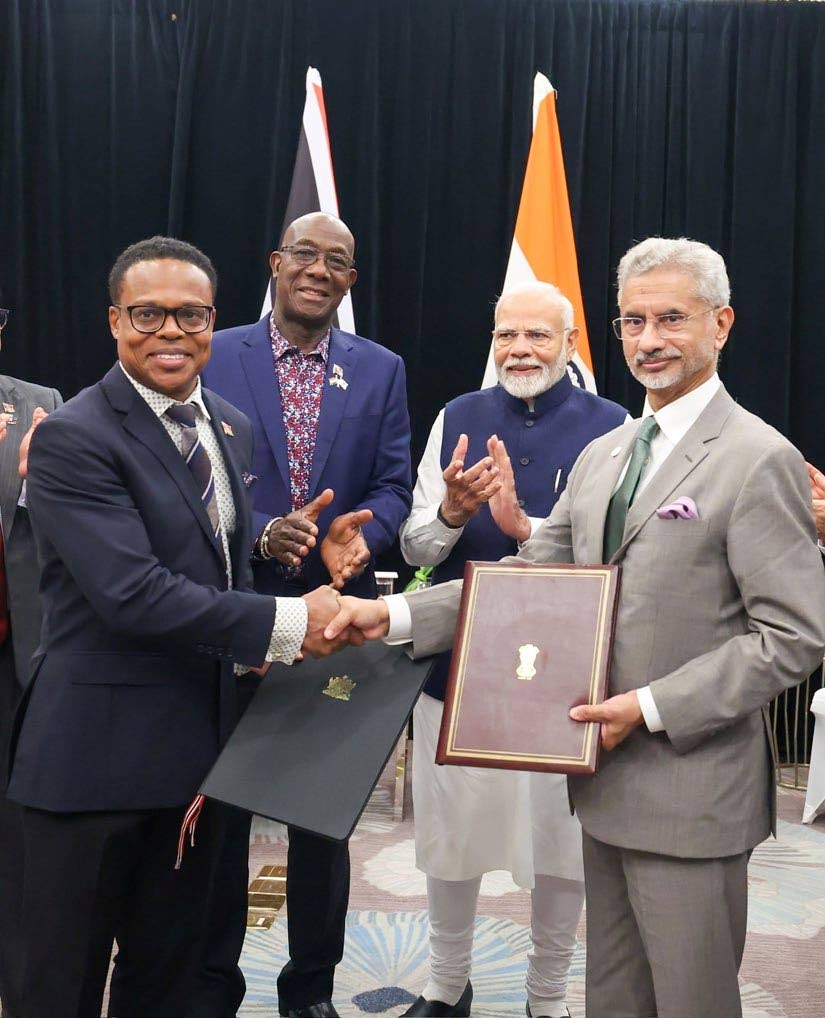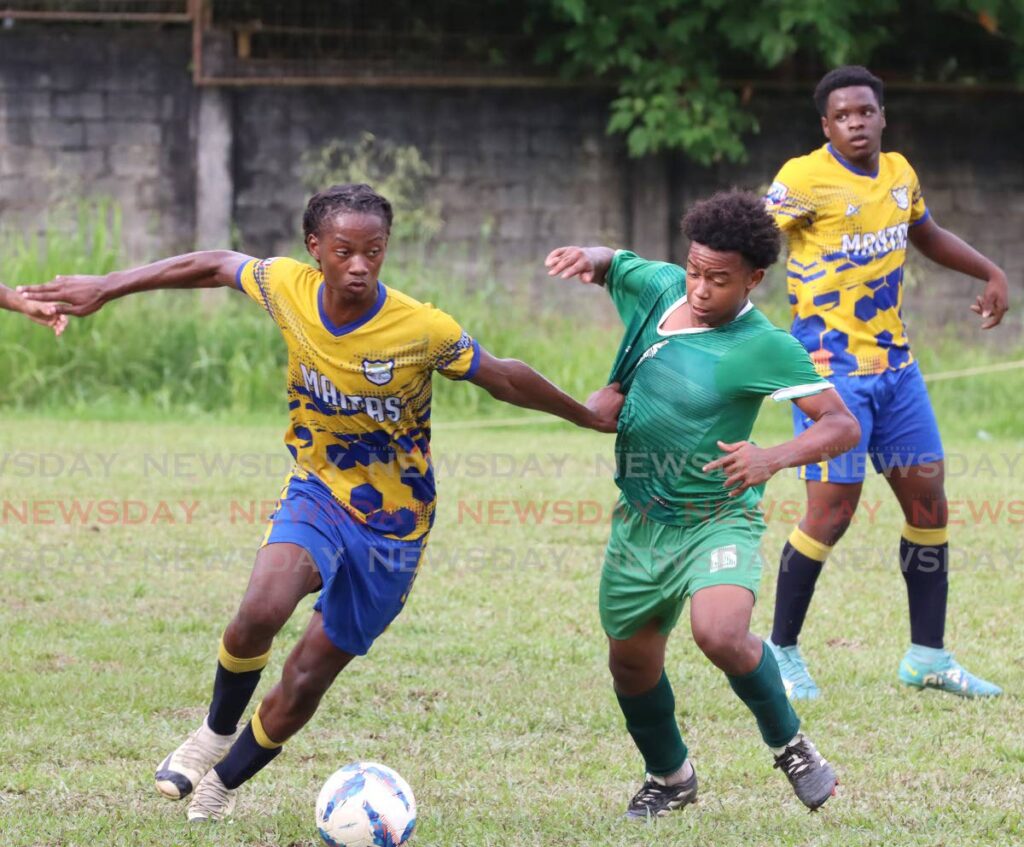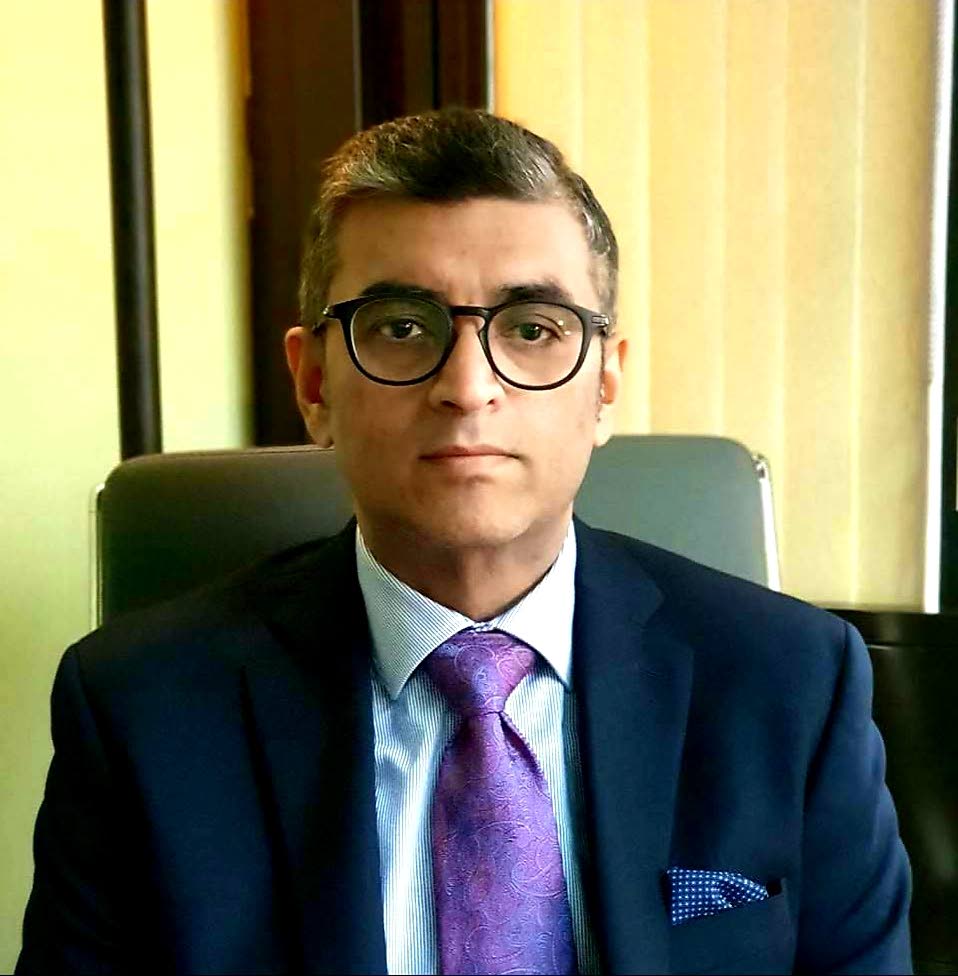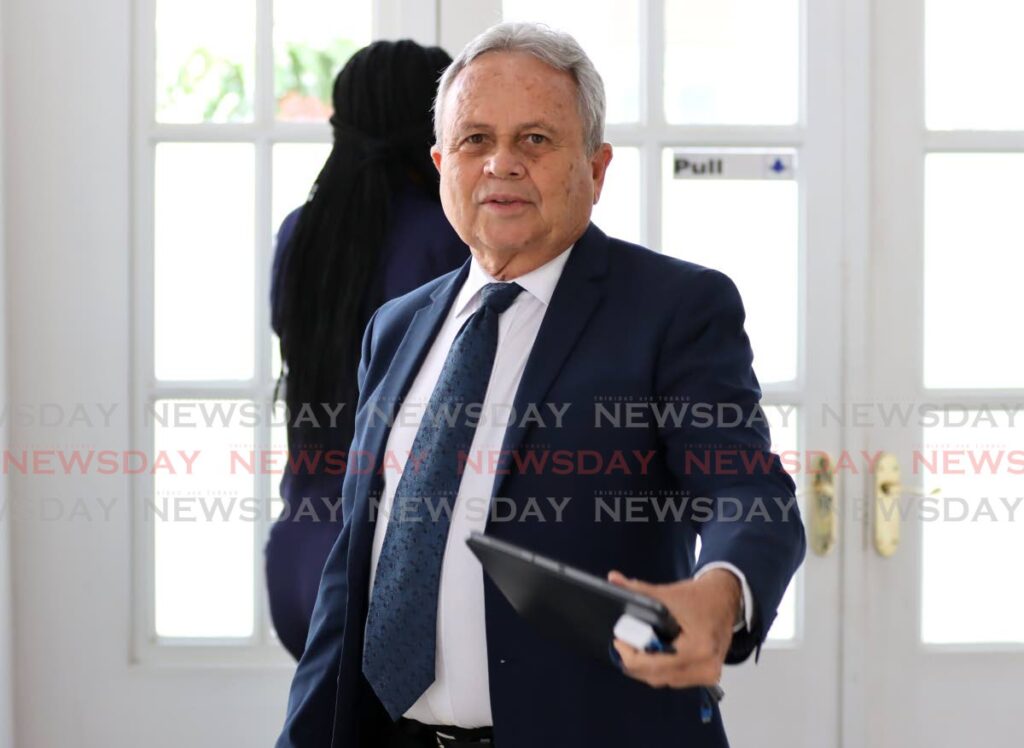Constitution confusion
Written by Newsday on August 23, 2024
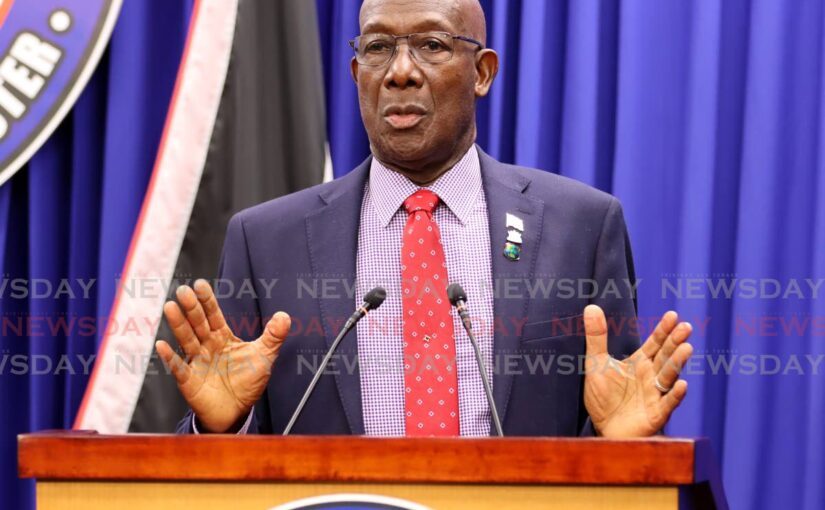
AFTER a countrywide effort, the National Advisory Committee on Constitutional Reform received just 816 submissions from members of the public. It held 14 town hall meetings attended by 381 people and three youth events attended by 70. It received 32 submissions from civil society organisations, three from political parties, 11 from constitutional offices, and eight others.
By these paltry figures, in a nation of one million and more, emerges a sense that the exercise has, thus far, not fully captured the public imagination. More people have aired views on the coat of arms than on the 200-plus page report published by the committee. If this reform project continues, a worrying democratic deficit has already opened. The cause was not aided by the Prime Minister this week. In fact, Dr Rowley has done his best to doom it to failure.
Trust is hard to earn. Notwithstanding the calibre of some of its membership, there was already worry about the independence of the committee when appointed in January. However, the PM threw gasoline on the flames on August 18 when he publicly declared, at a PNM event, committee chairman Barendra Sinanan, a former House Speaker, is the only one he would have known to be “associated with the PNM as a member.” Perhaps, to avoid doubt, committee member Nizam Mohammed, also a former House Speaker associated with another party, the NAR, might have been better suited as chairman.
It is a tried and tested strategy of politics to defer certain issues to advisory committees or commissions to do two things: buy time and allow leaders flexibility in the outcome. If a report turns out to be unfavourable or unpalatable, all a cabinet need do is shift the goalpost by, for instance, suddenly attacking the credibility of the committee or pointing out some reason as to why its views should no longer be afforded weight. We saw this recently with the Ministry of Health-commissioned PAHO report on neonatal deaths.
The committee has made recommendations which would significantly reduce Dr Rowley’s powers. It has called for the removal of the prime ministerial discretion to call elections whenever fit. It has recommended a limit of two terms for PMs, which would, in principle, bar the incumbent. On the former, the PNM has come out vociferously against, while on the latter it has maintained a curious silence relative to the gravity of the recommendation.
From the start, we questioned the nature of this committee and its purpose. Time has proven our concerns more than justified. The public is turned off. Political analysts are confused. To date, no one can say what exactly is going to happen in the preordained conference planned for November – at which “consensus” is meant to emerge – or after.
A constitution is the supreme law of the land. If there is widespread confusion, mistrust and scepticism attending its reform, the process is not just doomed to failure, it has already failed.
The post Constitution confusion appeared first on Trinidad and Tobago Newsday.
